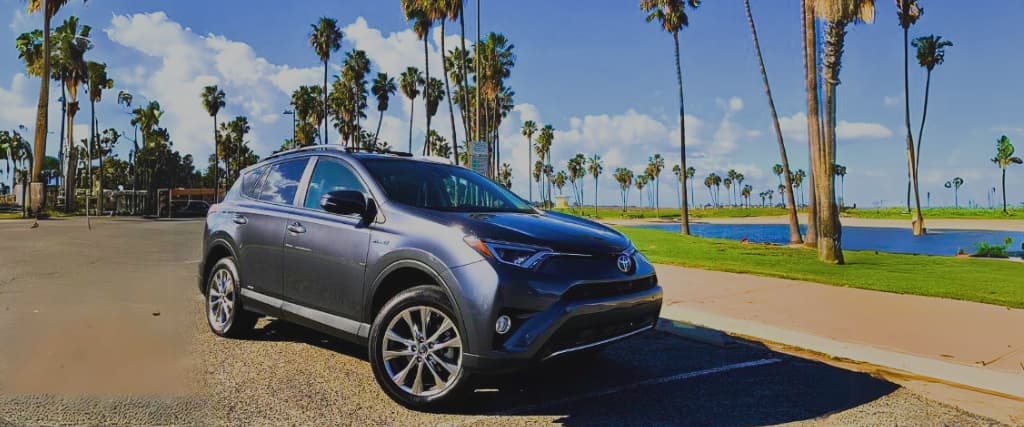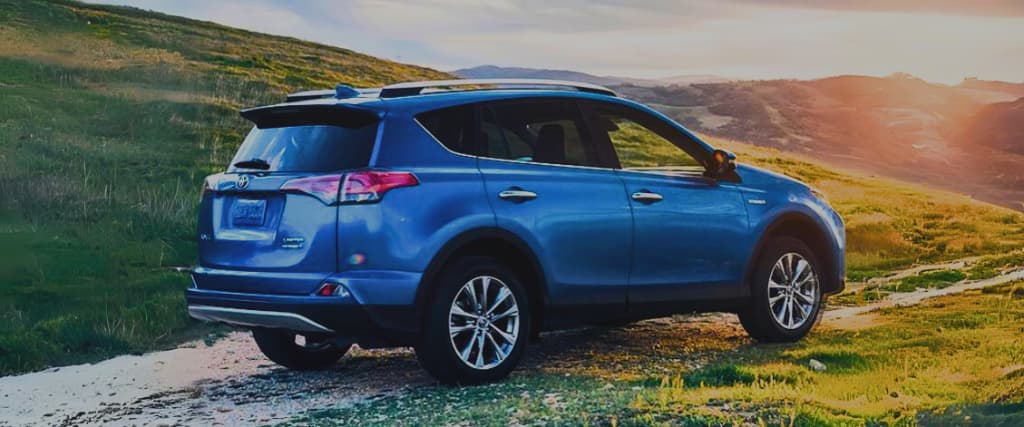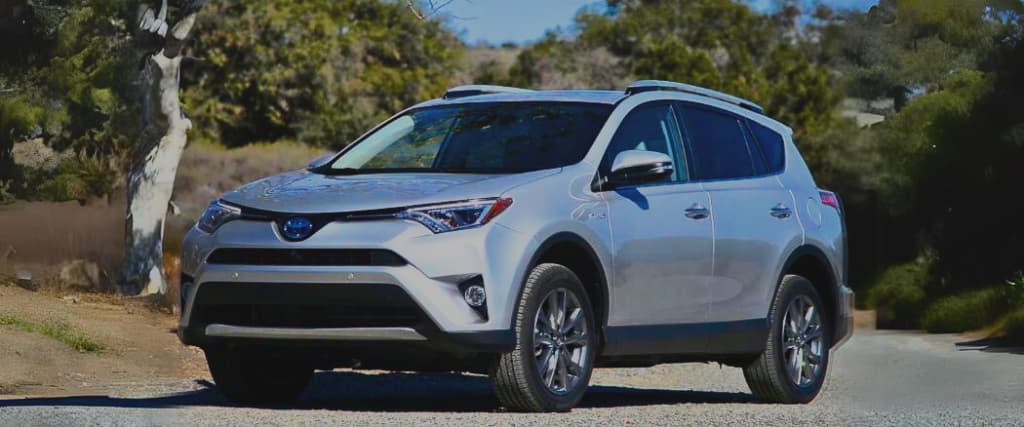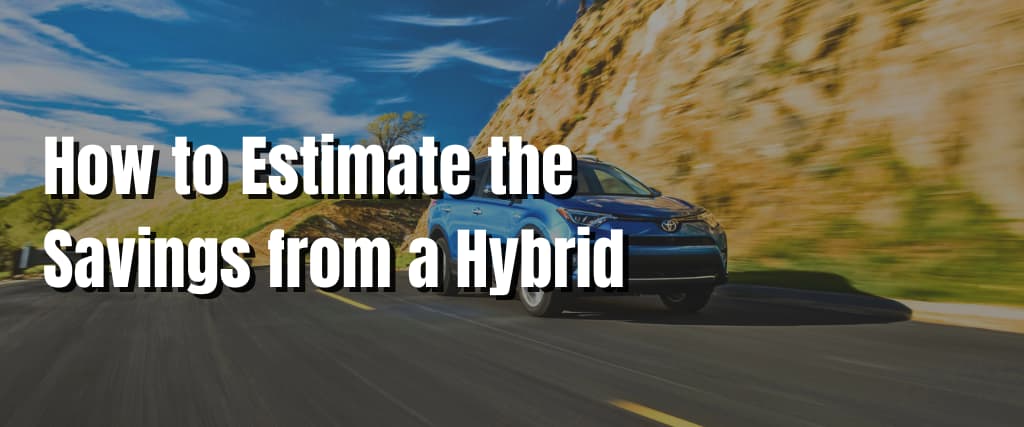The maths seems worthwhile given the abundance of hybrid vehicles on the market. So what you would do is as follows:
First, identify the hybrid and nonhybrid versions of the same automobile, which are identically equipped. The price of a 2020 LE AWD starts at $25,950. A hybrid variant costs $28,350. That’s a $2,400 difference.
You’ll need to know the yearly gasoline cost for each automobile. Begin by going to fueleconomy.gov and searching for the RAV4’s average mpg. For the Toyota RAV4 Hybrid, it’s 40 mpg.

Then you divide the miles you travel in a typical year (say 20,000 miles) by each of those mpg figures. That is how many gallons of fuel you would need to purchase in a year. For example, the RAV4 (20,000 miles/30 mpg) uses 666.67 gallons annually.
The RAV4 Hybrid (20,000/40) uses 500 gallons per year. Then you increase the gallons you’d need in a year by the gallon price.
This rate fluctuates, but let’s suppose $3 a gallon. So, to operate your standard RAV4 for a year, you’d need $2,000 in fuel (666.67 gallons x $3 per gallon). The RAV4 Hybrid (500 x 3) would cost you $1,500 a year.

So it’s worth it if you maintain your automobiles for six, seven, or ten years. But, of course, you will unlikely keep your car for three or four years.
There are now more variables to consider. For example, because hybrids employ regenerative braking, you’ll pay less on brake pads and rotors while driving a combination. You’ll also use the gasoline engine less, spreading out the expense of maintenance (oils, fluids, belts, filters) more than a longer time.
The cost of fuel is also a significant factor. For example, if gasoline prices fall to $2 per gallon, it will take you seven years to recoup your hybrid premium.

It will be paid off in three and a half years if petrol prices go to $4 per gallon.
Some individuals feel there is benefit in reducing pollution, boosting American energy independence, or just not stopping at a petrol station as frequently. But, unfortunately, we don’t have any formulae for it.
With the preceding figures, you may acquire a general sense of basic economics.


